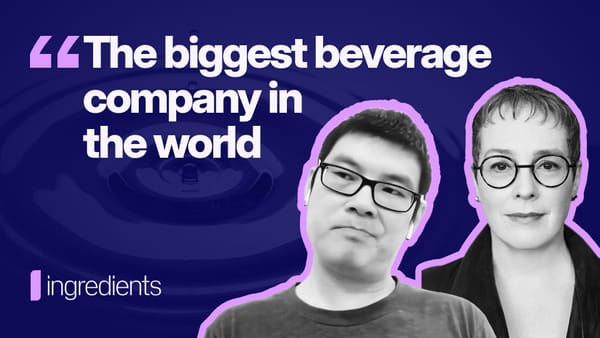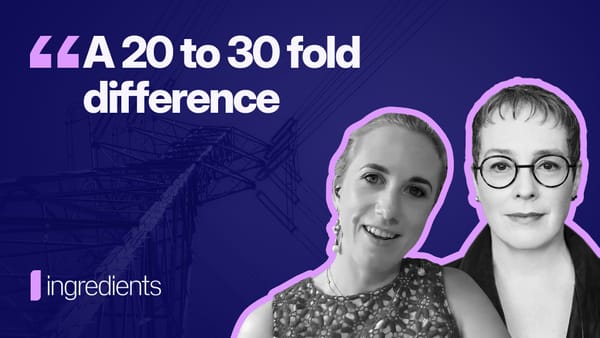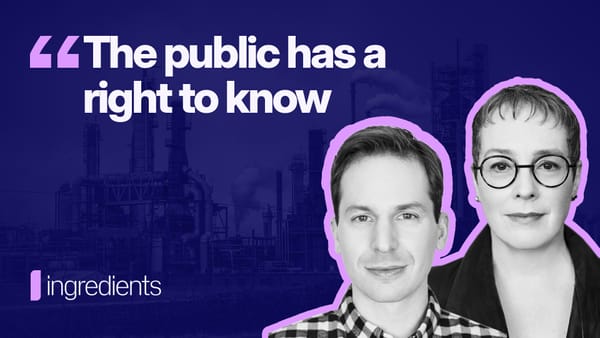“What rocks can I lick?” is apparently a question geologists like Cate Larsen often get.
Her answer? Probably don’t lick any rocks, or minerals for that matter. “The only mineral you can and definitely should lick is halite, rock salt,” she said.
AI models, however, have their own strange ideas about when to put tongue to stone.
Larsen, also known as TikTok's Groovy Geologist, used Proof’s AI testing software to run that question, and other mineral-related inquiries, through five leading AI models.
The project is part of an initiative at Proof, where we are making our investigative tools available to content creators to use for their own research in their own domains of expertise. Creators have used our tool to test AI responses to questions about Black History, software coding, and voting access.
Larsen found a wide variety of accuracy in the responses from the AI models. Even though Google made headlines when its AI tools wrongly suggested that people should eat a few rocks per day, Larsen said she found Google’s Gemini provided the most accurate responses in her tests.
For instance, when it came to rock licking, Gemini, Mistral’s Mixtral, and Anthropic’s Claude 3, generally recommended avoiding it, offering a smattering of safety issues like “sharp edges” and “bacterial contamination” as deterrents.
OpenAI’s GPT-4, meanwhile, recommended cleaning rocks before tasting. And Meta’s Llama 3 listed several “safe to lick” options, including quartz and calcite, though strongly recommended against licking mercury, arsenic, or uranium-rich rocks. OpenAI and Meta did not respond to Proof’s request for comment.
Larsen found similarly fuzzy quality when posing a variety of frequently-asked geological questions to the models. She sat down with Proof to discuss her findings for the latest video in our Ingredients series.




